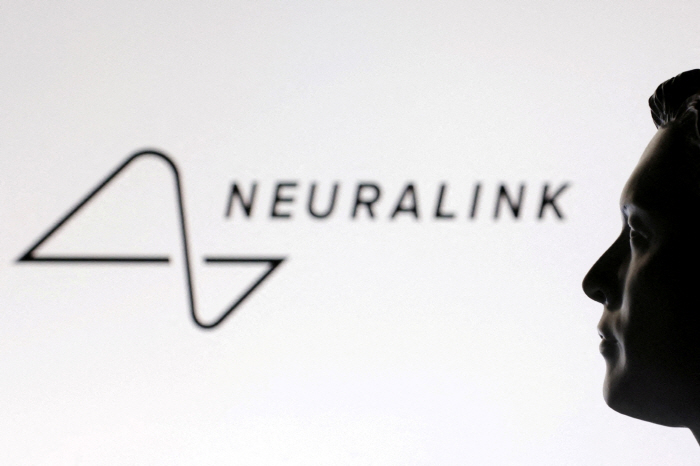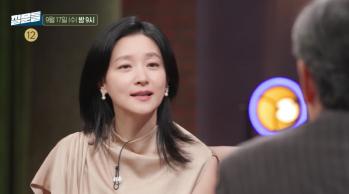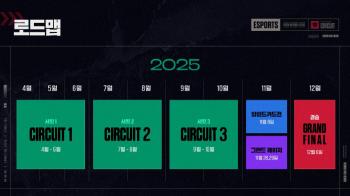Neuralink's Study on AI Utilization for the Blind...·Spanish research team co-hosts
Jul 28, 2025
|
According to Bloomberg on the 27th (local time), the study, conducted with the University of California, Santa Barbara (UCSB) and Spanish researchers, aims to develop visual prosthetics for the blind or severely blind, and was released this month through a U.S. clinical trial registration site.
The research team explained that this smart bionic child can use AI to help visually impaired people identify the other person's face, explore the outdoors, or read. It means that AI analyzes image data received by external cameras or sensors in real time and converts them into neural signals.
This is the first official case to enter the field of artificial visual prosthetics for the visually impaired based on technology and experience obtained in brain clinical trials such as the existing 'paralytic patient computer control'.
In addition, the participation of Spanish researchers, known to provide expertise in the field of neurology, is an international cooperation project that is also reviewed by European regulators and is being carried out in consideration of both commercialization and regulatory passes.
Neuralink has previously developed 'BlindSight', which aims to restore vision for the visually impaired, as one of the three types of brain-computer interface (BCI) chips.
Citing a recent report presented to investors by Neuralink, Bloomberg said that it aims to achieve annual sales of $1 billion (about 1.4 trillion won) by 2031, developing three chips, including the 'Telepathy' chip that enables communication between the brain and computer devices, 'Deep' for treating Parkinson's disease, and blind sites.
It is known that clinical trials of blind sites have been conducted only on monkeys, not humans.
This article was translated by Naver AI translator.














